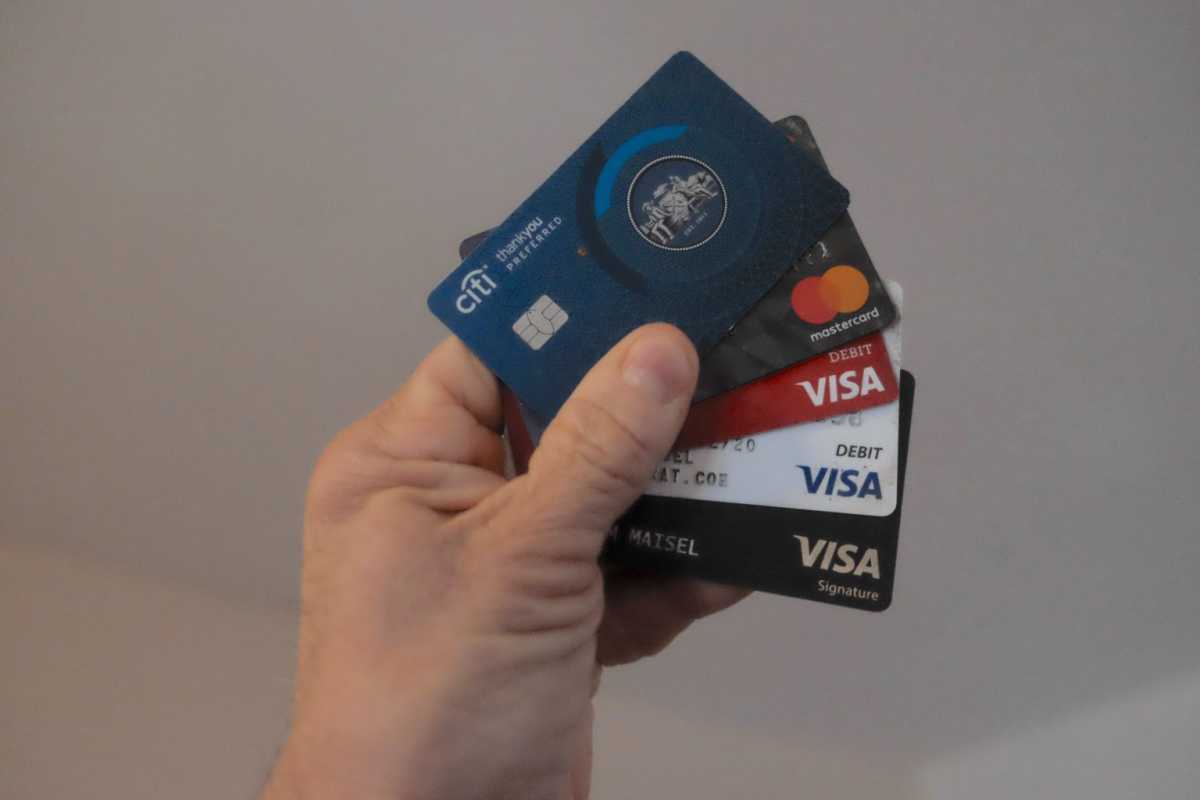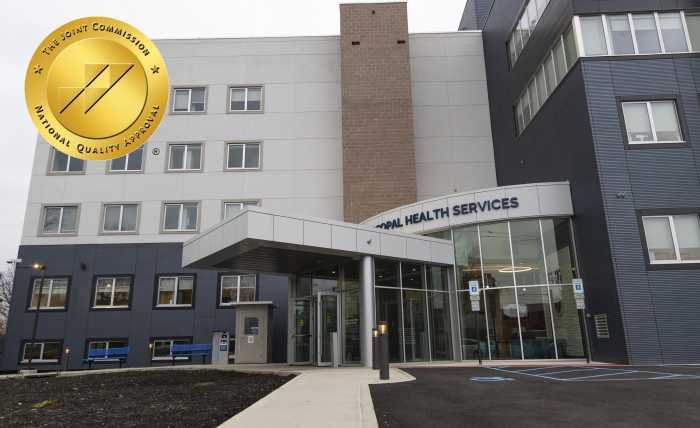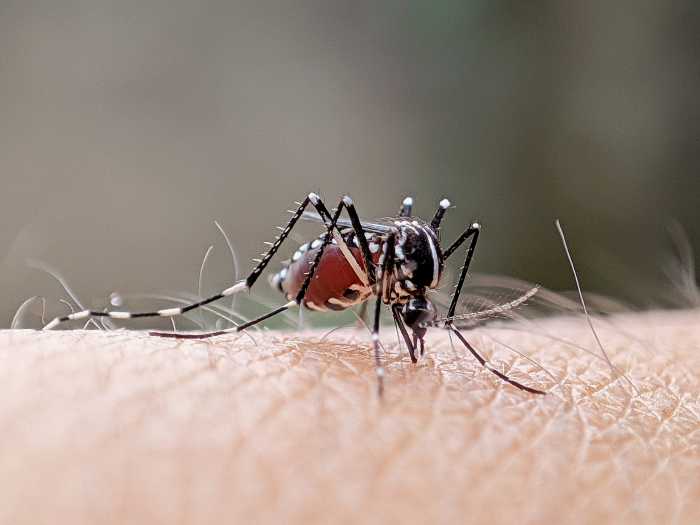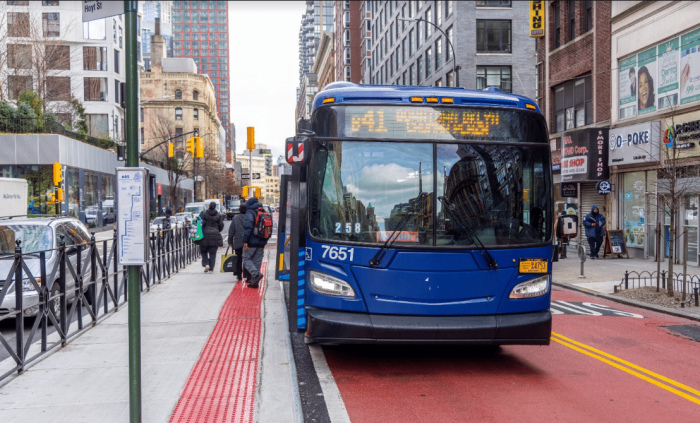The $2 trillion stimulus package approved by Congress is enticing fraudsters to scam people who are going through emotional turmoil because of the COVID-19 crisis sweeping the country, experts now say.
The public is being advised to be on the alert for fraud with their credit cards and banking as fraudsters target people who are vulnerable either because they are suffering from the virus, have family members who may have it, or are fearful of getting it. Consumers are also vulnerable because of the stress of being quarantined or sheltered in their homes.
Thomas C. Edwards, Special Agent in Charge for the U.S. Secret Service says they expect fraudsters will target vulnerable individuals as government stimulus money flows to help those who are unemployed or financially unstable. The Secret Service has a history of tracking counterfeiting but also investigates credit card fraud, financial crimes, and identity threat on a large international scale.
Edwards said that the stimulus money is expected to attract fraudsters who will try to trick people into giving banking information, passwords, social security numbers and other information to give fraudsters a way into a personal account to access the incoming funds. He said this also occurs when people are getting tax refunds.
“We expect a rise of government check scams, business email scams, tax refund scams and there are a number of different actors and they need speed,” Edwards said. “There is a lot of confusion about the IRS and how the Treasury distributes money. In this period, scammers will try to take advantage. We are going to see a steady rise in robocalls and with this type of scam we want people to become familiar to flatten the curve on this.”
While the COVID-19 crisis has revealed a number of medical device scams including scammers trying to sell bad products including masks or ventilators or non-existent medical protective devices. Yesterday, a man was arrested in Brooklyn for selling medical devices at highly inflated prices and for threatening agents with the virus.
Edwards said more fraud was coming and he said, “the second wave will target taxpayers refunds and the stimulus.”
“There is no reason that the government will call you for any information – banks have no need to call you, and that’s email as well,” Edwards said. “There is no reason that government or banks will ask you for personal information, passwords or mother’s maiden name – they already have it. We urge people to not give this information and check with your bank or credit card company if you get these calls.”
While Edwards said they haven’t seen anything related to the stimulus so far, “it’s too early in the game to develop sophisticated strategies, but it is coming.”
Edwards said to be cautious of suspicious websites that try to sell medical supplies to desperate individuals and medical institutions. He said some people are creating sites with domain names such as “COVID-19” “Stimulus2019” and they “try to sell people things that they don’t have.” He urged people to “do your due diligence, check the links and then follow up with banks if you get a request for information. See if it was legitimate.”
Edwards said many scams originate overseas in countries like Russia and China. However, he said some of the crimes are now coming domestically from people “familiar with the tax system.”
However, those who are scamming from other countries, Edward cautions, “they are tougher to get at, but we have a long memory here at the Secret Service and once we identify a cybercriminal, we wait for them to travel to a nice country of extradition.”
Lori Hodges, Vice President of North America Risk for Visa, said they have identified trends of scams related to the coronavirus crisis and want to warn the public to be on guard.
Hodges’s message was that fraudsters are attempting data breaches with “an enormous amount of data related to Americans on the dark web.” She said scammers are using “sophisticated analytics to commit fraud on consumer.”
Some of the frauds she is seeing more of are “phone spoofing” to try to get cardholder information. “People truly believe they are talking to Visa or a bank or credit union and they are asking for personal information to commit fraud on accounts.”
She said they are asking for PIN numbers for debit cards, and in some cases, the fraudster will send a one-time password via the phone to get unwitting customers to provide mothers maiden name or social security numbers.
“Financial institutions will never ask for this information because they already have it,” said Hodges adding that consumers should call their financial institution if they are unsure, but not provide information to a cold call of someone claiming to represent their bank or credit card company.
Edwards said that while the frauds are similar, the tactics are different because they are using the COVID-19 crisis on people who are stressed and emotionally vulnerable.
The Justice Department created the National Center for Disaster Fraud, created after Hurricane Katrina ravaged the Gulf Coast in 2005.
Coronavirus-related (COVID-19) complaints should be reported to the National Center for Disaster Fraud (NCDF) Hotline at 1-866-720-5721 or e-mail at disaster@leo.gov. The NCDF is a national coordinating agency within the Department of Justice’s Criminal Division dedicated to improving the detection, prevention, investigation, and prosecution of criminal conduct related to natural and man-made disasters and other emergencies, such as the coronavirus (COVID-19). Hotline staff will obtain information regarding your complaint, which will then be reviewed by law enforcement officials. The website is www.justice.gov/disaster-fraud
Visa has tips on how to avoid fraud at usa.visa.com/support/consumer/security.html


































